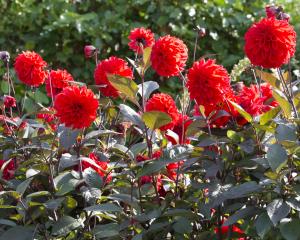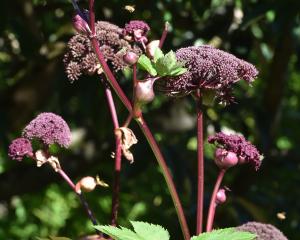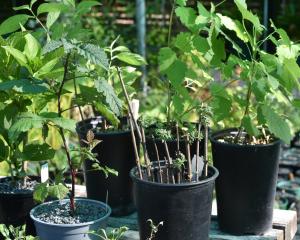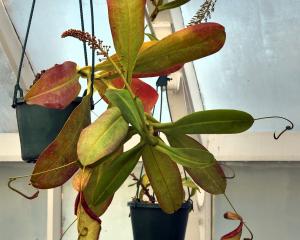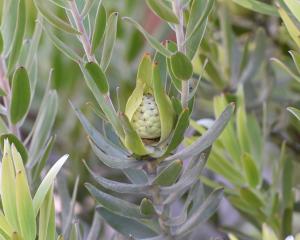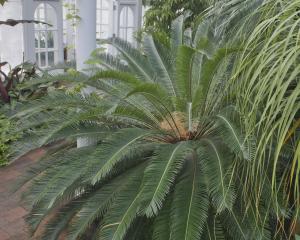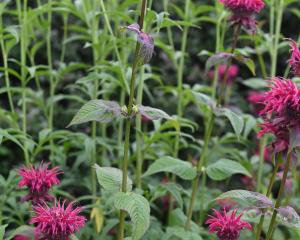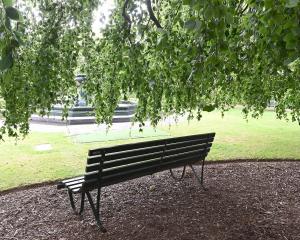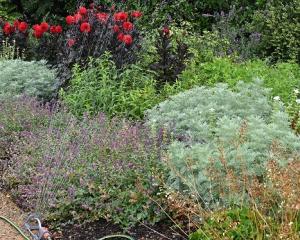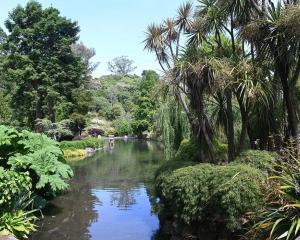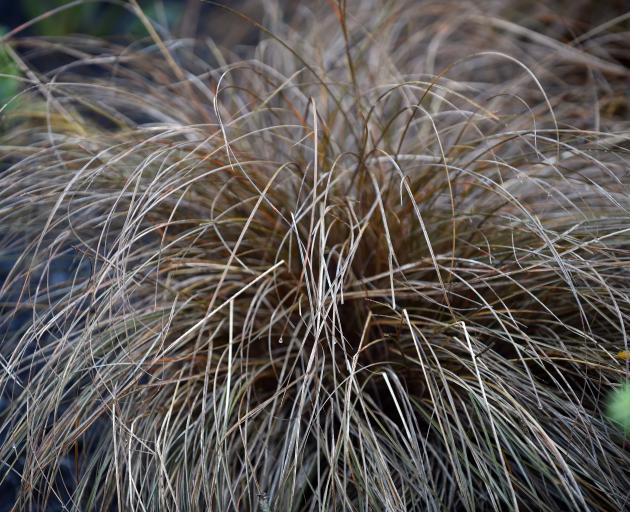
These days many people want gardens that establish quickly, look good year-round, and pretty much take care of themselves. Native plantings are often favoured because they attract wildlife, look natural, and are generally well-suited to local conditions. Garden retailers know this and usually have a range of plants that will fit the bill.
One genus of easy-care plants you are almost sure to find in your local garden store is Carex. There are over 100 native species of these grass-like plants, many of them handsome and useful garden subjects. Most come from open, wet environments so are best suited to moist spots in the garden, but each species has a range of tolerances, meaning there is a Carex for almost all garden situations.
Carex will cover the ground quickly, suppressing weeds, and are very easy to divide or grow from seed. The only maintenance they need is a yearly comb-through with your fingers to remove old flowering stems and make way for fresh new growth. Mass-plant them for best effect.
There is a range of Carex species planted throughout the native collection at Dunedin Botanic Garden. We like to test each species’ horticultural tolerances by trying them in different spots, combining them with other native shrubs or ground covers to explore the diversity of colour, texture and form.
- Garden Life is produced by the Dunedin Botanic Garden. For further information contact Kate Caldwell.

